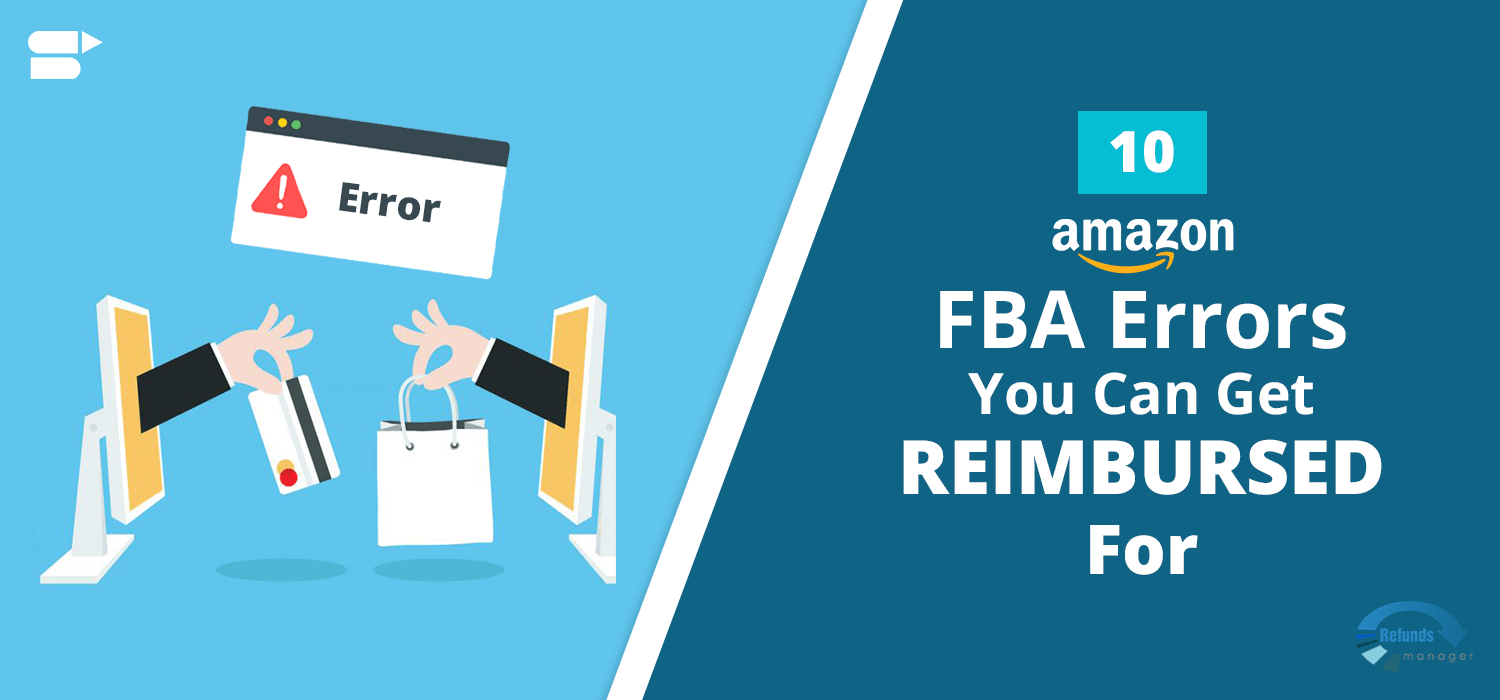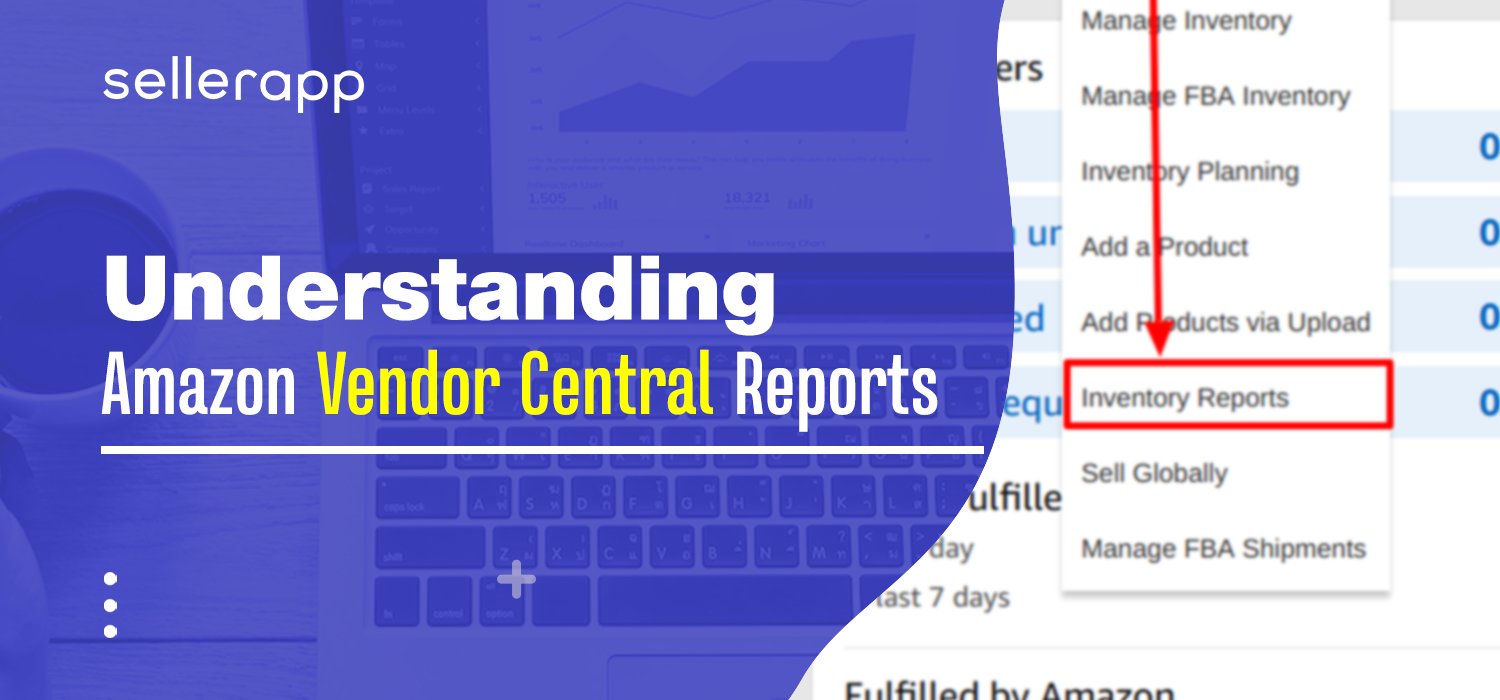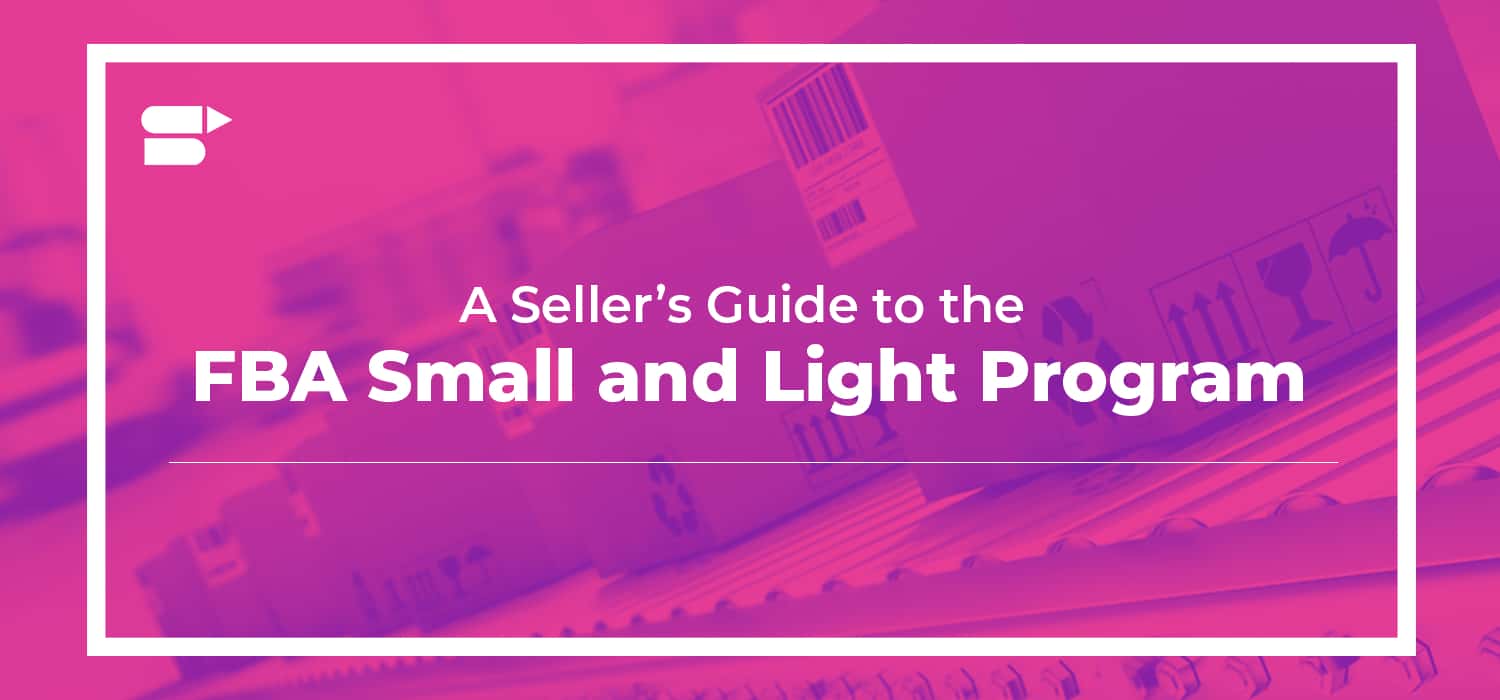10 Amazon FBA Errors You Can Get Reimbursed For

Did you know that Amazon FBA frequently makes errors and that you can be reimbursed for them? Regularly sending in quality reimbursement claims ensures that you never pay more FBA fees than you owe. But in order to write a claim, you first need to discover an issue.
Here are ten of the errors that Amazon FBA sellers can get reimbursed for.
1. Items charged at a higher dimension or weight
While the most common FBA fee errors have to do with customer returns (we’ll get into plenty of examples), some of the more expensive fee mistakes are slightly rare. Like this one, where your product is being charged at a larger dimension or weight size than it should be.
This means that for every order (possibly over a time span of multiple months), you’re being charged the wrong fee category. This can add up to a huge reimbursement claim, and we’ve seen it often happen, albeit not nearly as often as to issues with customer returns.

2. Items lost or damaged in the Amazon warehouse
Amazon employees move quickly. They’re prone to drop or otherwise damage items. Also, with so many items, things are bound to get lost sometimes. When you reconcile your reports in Amazon Seller Central, you can find these discrepancies. This is so common, that most of our customers have several incidents every month.
3. Customer received refund for more units than returned
This error makes customers feel like it’s their lucky day. They assume that they’re getting some extra cash from the giant corporation that is Amazon, but little do they know that they’re actually getting extra money from you, a small or medium-sized business owner! Fortunately, it is possible to discover instances where a customer has received a refund for more units than they returned. Similarly, we can find out when a customer receives a refund for a higher price than what they paid.
4. Items lost or damaged by inbound shipper
When you send a shipment to Amazon, you want it to make it to their warehouses safely. Units damaged or lost by the inbound shipper are relatively easy to discover inside of Amazon Seller Central. The trick here is to make sure that Amazon actually reimburses you according to their policy, and that there are no additional lost or damaged units that their processes didn’t automatically track.
5. Missing inventory after a return
When a customer returns something, you want it to go to your inventory, right? Of course, you do! Well, sometimes problems happen with this process. A returned item could accidentally get credited to another seller’s inventory. In this case, the item gets returned and scanned in the warehouse, but it somehow never gets added to your FBA account.
6. Restocking fee not credited
For returns of higher-priced items or items in certain categories, the customer will usually be charged a restocking fee of 20% of the cost of the item. When the item gets returned to the warehouse and credited to your account, then Amazon is supposed to credit this restocking fee to you. However, you are not owed this restocking fee if the item is never returned or if it is returned damaged. The error is when Amazon is supposed to credit this fee to you but does not.
7. Customer refunds for items that were never returned
This error occurs frequently: a customer receives a refund for an item even though they never returned the item. That refund is taken from your account, meaning you lose out on the money of the item plus you don’t even have the item in your inventory anymore. Definitely, something you want to watch out for weekly or monthly.
8. Stock deducted after closed shipment
As you probably know, it’s easy to track inbound shipments to Amazon. You can find any issues with the shipment inside of Seller Central and discover how many units they have accepted as sellable and added to your account. Sometimes, however, there can be discrepancies after the shipment has closed, meaning that units are deducted later.
9. Returns damaged by carrier or Amazon
Another problem with returns…but for this error, there’s nothing to do with negligence or deceit on the part of the customer. Sometimes returns can be damaged by the carrier or when they get to the Amazon warehouse. If something is unsellable or not in good condition because of the carrier or Amazon, then you need to get reimbursed for it.
10. Overcharged fees for commission categories
Commission fees range from 6% to 45% depending on the category. The physical product category with the most expensive commission fees is Amazon device accessories. Extended warranties and protection plans have a commission fee of 96%! Most likely, your products are in the 8% to 15% range. Imagine what would happen to your profits if you had one product that was erroneously charged at 15% for an entire year when it was supposed to have been 8%? That would add up to a lot of wrong fees. While this isn’t one of the more common errors, we have seen it happen many times.
As you can see, there are so many opportunities to get reimbursed from Amazon. It can be a lot of work to find and discover all of these errors. You can learn more details about how to find the issues and how to submit claims here.
Because tracking errors and requesting reimbursements is so time-consuming, most Amazon sellers choose to work with a trusted company to handle every part of the process.
Whether you choose to handle this yourself, train your assistant, or work with a reimbursement service, don’t let these opportunities fall through the cracks. You deserve every bit of profit, so stay on the lookout.
Related Post:
Top 3 FBA Errors and How to Get Your Money Back
Amazon Return Policy For Sellers: A Definitive 2021 Guide











fb88vn
March 29, 2021Wow, Great Blog.
Thank you SellerApp
Keep writing.
Arishekar N
August 2, 2021We are happy to hear that you liked the blog.
Thank you.
Rogers
February 3, 2022Saved as a favorite, I really like your blog!
Arishekar N
June 8, 2022Thank you